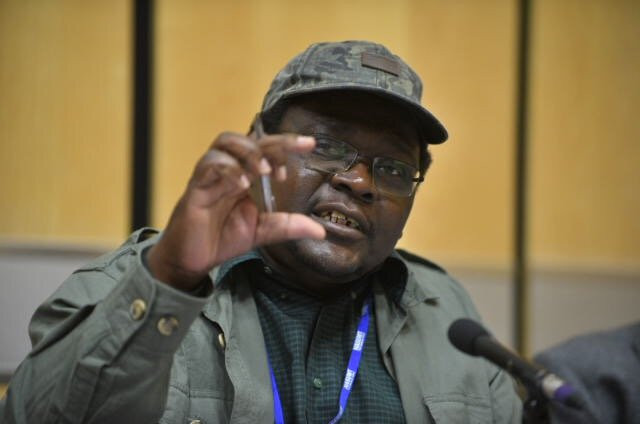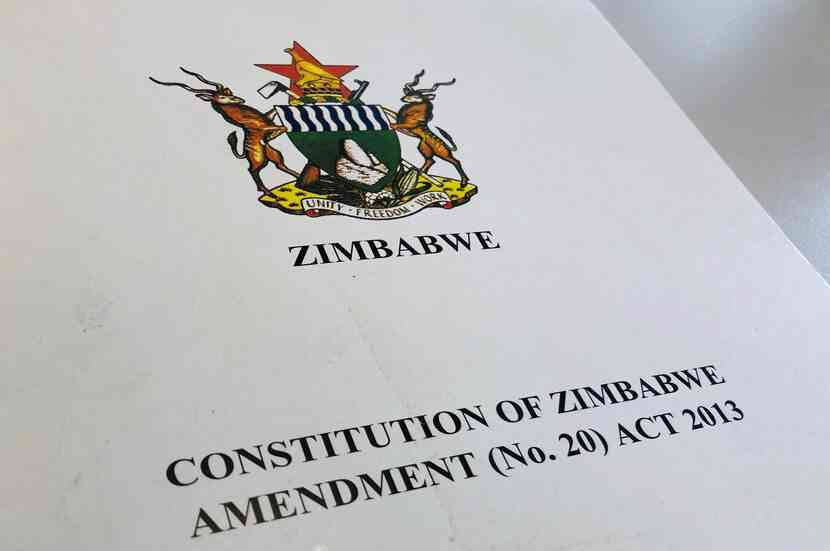
TEACHERS unions have condemned government’s curriculum review process saying it was flawed, rushed and not consultative.
They said the review project may have devastating effects on the education sector if due diligence is not applied.
The Primary and Secondary Education ministry has announced plans to review the current curriculum whose seven-year cycle has come to an end.
Union leaders who spoke to the NewsDay yesterday accused the ministry of not consulting widely.
Progressive Teachers Union of Zimbabwe president Takavafira Zhou said the curriculum review process was a sham.
“It was a fait accompli process rapidly done to legitimise results drafted in offices at head office. It lacked consultation of important stakeholders such as teachers, teacher unions which are critical in implementing curriculum review. Parents and pupils were also not consulted,” Zhou said.
“The greatest challenge in our education system is entrusting people without innovative educational taxonomy to preside over curriculum development and review.
“There is also a false assumption that occupying a big office at the ministry headquarters resonates with great educational expertise. Sadly, knowledge is not acquired through some form of osmosis in occupying a big office, but through serious study and educational rigour.”
- 'Terrified' teachers report for duty
- Civil servants issue 10-day ultimatum
- Zim needs 100 000 teachers
- Grade 7 exams in limbo
Keep Reading
He said there was a need for clear benchmarks towards a skills revolution in the country’s education system.
“There must be a sound budget for the implementation of school curriculum rather than overburdening parents to fund teachers’ workshops and pupils’ assignments.
“There must be in-service training of teachers funded by government to ensure teachers’ compatibility with implementation of the new curriculum, let alone its interoperability of implementation across the country,” he said.
Educators Union of Zimbabwe secretary-general Tapedza Zhou said the curriculum review process may not yield the desired results as it was flawed.
“What is supposed to be done in a year has been compressed to a few weeks, and what was supposed to be sponsored is being done without a budget,” Zhou said.
“The whole process perceives teachers and their working conditions as peripheral in the design of the curriculum framework. Policymakers must be awake to the reality that the process of curriculum review is not divorced from review of the living and working conditions of those who will be at the forefront of implementing it.”
Amalgamated Rural Teachers Union secretary for education and research, Gerald Tavengwa, also said the review process was defective.
“We have noted the following fatal flaws: Short notice and a hurried process whereby teachers were made aware on a day's notice and were expected to travel from holiday at short notice as well as no room for adjustments,” he said.
“Critical questions like quantity of Continuous Assessment Learning Activities, or CALAs were not addressed. Also there was no room to discuss other issues like the quantity of assessment methods such as projects as the ministry prepared their own questions from which they expect their own answers.”
Zimbabwe National Union of School Heads secretary-general Munyaradzi Majoni said the review was necessary, but was being hurried.
“However, we feel that the process is being hurried and will not produce authentic results,” he said.
Primary and Secondary Education ministry spokesperson Taungana Ndoro denied charges that the curriculum review process was flawed.
“We are leaving no place and no one behind. We are making sure that we get the views of everyone entitled to give their contribution to the curriculum review process,” Ndoro said.
“We understand there is a certain factor and a group of union leaders who are always saying one thing or another and that is not what is on the ground. We are meeting teachers, their members, that is, if they still have members.”
Ndoro added: “We have been having these review processes far and wide; in rural areas, in remote areas and in areas where there are no existing teacher unions. We are meeting and talking to a lot of stakeholders and we are putting our heads together.”










